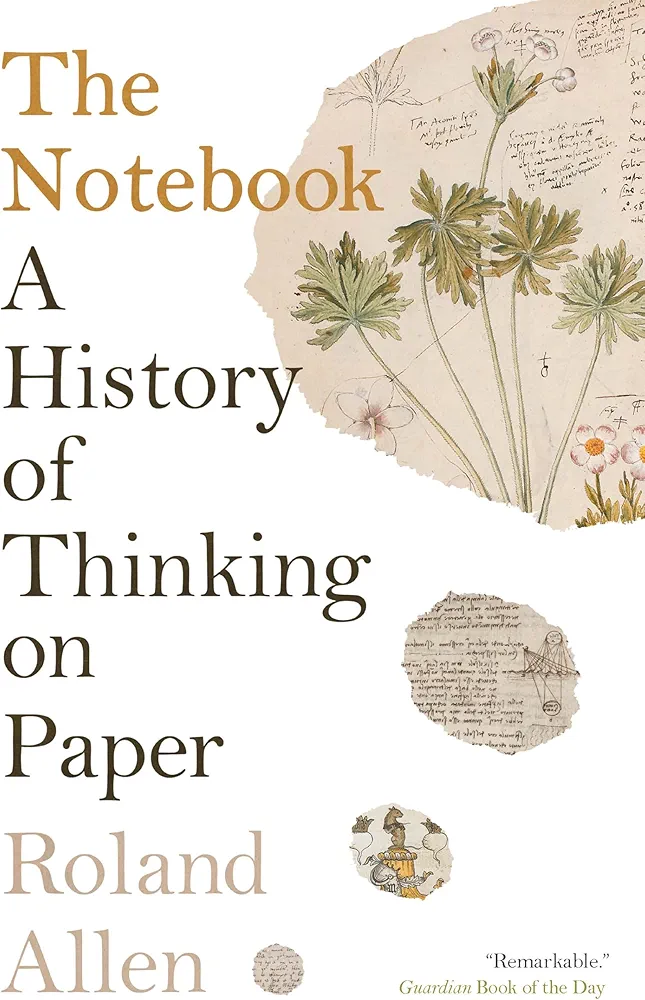Alph reseñó The Notebook de Roland Allen
Amazing history book
5 estrellas
It started a bit dry for me with a bunch of dates, names, and what was looking more like a history of accounting, but once we started getting stories about artists, writers, and the many uses notebooks have been given, it soared. It's written in an engaging way, it's very well documented making many references and putting together story after story into a coherent history of notebooks, their origin, making, and many uses over time. My only caveat is the lack of eastern stories, it focuses almost entirely on Europe, even though Japan has such a big stationary market, China with inks and paper, it feels odd having just a quick short mention.
Definitely recommend this to anyone with an interest in stationary, even more to those who like the idea or keep themselves a sketchbook, journal, or a notebook for whatever purpose they deem.
I was hoping …
It started a bit dry for me with a bunch of dates, names, and what was looking more like a history of accounting, but once we started getting stories about artists, writers, and the many uses notebooks have been given, it soared. It's written in an engaging way, it's very well documented making many references and putting together story after story into a coherent history of notebooks, their origin, making, and many uses over time. My only caveat is the lack of eastern stories, it focuses almost entirely on Europe, even though Japan has such a big stationary market, China with inks and paper, it feels odd having just a quick short mention.
Definitely recommend this to anyone with an interest in stationary, even more to those who like the idea or keep themselves a sketchbook, journal, or a notebook for whatever purpose they deem.
I was hoping to find inspiration or new ideas for my own notebooks and I came out with plentiful of both.

